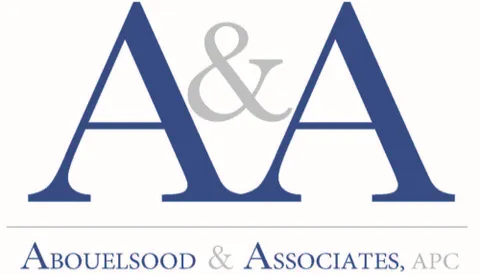Unlawful Termination & Workplace Discrimination Attorney
If you've been fired from a job, review this wrongful termination checklist to see if your discharge might have been illegal. A wrongful termination is any firing that is done in violation of federal, state, or local laws; the terms of an employment agreement; or for reasons that go against public policy.

What Is Considered Workplace Discrimination?
Federal laws protect employees from being fired or otherwise discriminated against due to their age, disability, gender, genetic information, national origin, race, religion or sex. Several states and localities also prohibit employment discrimination based on gender identity or sexuality.
If you answer "yes" to any of the following questions, you may have a valid claim for wrongful termination on the basis of discrimination:
Is there any direct evidence that you were terminated because of discriminatory reasons ? (This may include direct statements from your employer, either verbally or in writing)
Is there circumstantial evidence of discriminatory reasons? (For example, were women the only employees fired in recent layoffs or were you terminated soon after an employer learned your age, religion or ethnicity?)
Are similar employees treated differently on the basis of age, gender, race or other protected category? (If an employer, for example, routinely allows tardiness by their youngest employees to go unpunished but fires a late elderly worker, this may be evidence of age discrimination.)
Did an employer, supervisor, or superior make comments or take actions that would indicate they may have a bias against certain groups? If so, were such statements made before other witnesses?
Did an employer, supervisor or superior make any comments to indicate that he or she may prefer one group of employees over another? (For example, an employer who says that recent college graduates make the best new hires or that he works best with women may be demonstrating a bias against others.) If so, were there witnesses to the statements?
Harassment
The law does not just prevent firing based on an employee's age, gender, race or other category. It also prohibits harassment based on such categories. For example, offensive remarks about an employee's race or gender can constitute harassment. Comments that go beyond simple teasing and isolated incidents may create a hostile work environment for employees.
You might consider filing a wrongful termination claim on the basis of harassment if any of the following are true:
Did an employer, supervisor or superior make offensive or insulting comments about age, disability, gender, genetic information, national origin, race, religion, sexuality or sex? (Even general comments, not directed at a specific employee, can create a hostile workplace.)
Were such comments made regularly or in front of others?
Did an employer make unwelcome sexual advances or request sexual favors or seek to establish a romantic or sexual relationship?
If an employee and employer were engaged in a relationship, did that relationship, or its end, result in the employees termination or negative treatment?


